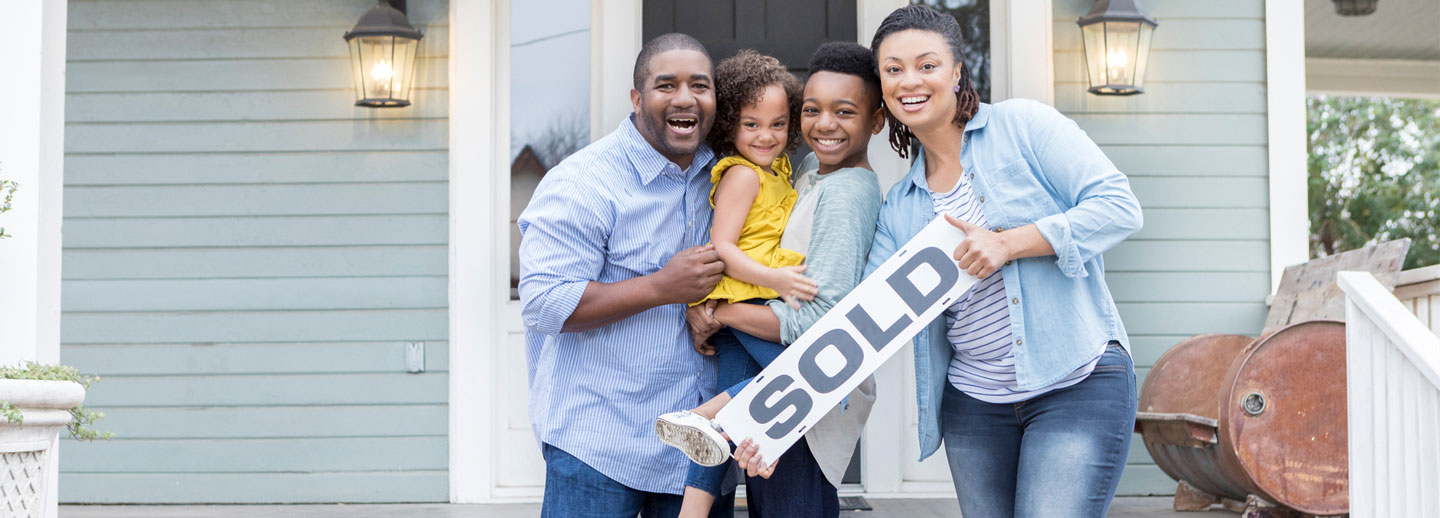
Key takeaways
Whether it’s a cabin at the lake or an apartment in another country, there are responsibilities that come with owning a home outside of your primary residence.
Having a plan for everything from how you’ll purchase it to how you’ll care for it when you’re not there can help you feel more confident when making an offer—or not.
A financial professional can provide guidance on the financial and tax implications of buying a vacation home.
Whether you’re considering a home on the beach, in the mountains or in the country, don’t let the romance of owning your own personal getaway replace a rational decision. Investing in a second home comes with all the responsibility of your primary home — but from a distance. So, before you make an offer, ask yourself these key questions.
1. Can you afford to buy a second home?
This may seem like an obvious question but remember that there’s more to consider than the sale price. You need to factor in taxes, insurance, utilities, and ongoing maintenance costs. Depending on where you’re buying, there could also be homeowners’ association dues and landscaping. And there’s always unexpected expenses that come with home ownership.
If you have to travel far to get there, the associated costs effectively become part of your total cost of ownership. So does the price of furnishing your getaway, including furniture, appliances, cookware, utensils, linens and anything else you’d want to have waiting for you every time you arrive. These seemingly small expenses can add up quickly.
2. How much house do you need?
A vacation home is often called a second home, but that doesn’t mean it’s another version of your primary residence. Think about how you’ll use your vacation home and how much space you really need.
For example, if you won’t be entertaining often, you might not need a large living or dining space. If you don’t like to cook on vacation, consider a smaller kitchen. Not inviting the whole family? Cut down on bedrooms.
Think about what you actually need, and then look at your options. You could buy a standalone house, a streamlined townhouse or condo, or a vacation property within a managed community where the landscaping, security and maintenance are taken care of (but probably with the addition of association dues).
3. How often will you use it?
The worst time to think about buying a vacation home is during or right after a vacation. In the afterglow of a fantastic trip, it’s way too easy to picture yourself enjoying the same views, lounging on the same beach and eating at the same quaint local restaurants for years to come.
Wait until the shine of your last vacation wears off to decide whether you’d want to return to the same spot. Try renting homes in the area at different times of the year to get a feel for what it’s like to actually live there part time. Pay attention to the rhythms of the tourist season, the neighborhood vibe and the weather.
If you’re counting on your property to appreciate, plan conservatively. While many view real estate as a sound investment, there are no guarantees.
4. Will you rent it out when you’re not there?
Home sharing websites and apps have made renting your home for a weekend or a week easier than ever. Renting your vacation home when you’re not using it can offset the costs of ownership and could be a lucrative form of passive income.
But remember renting your home comes with rules to set up and follow, amenities to provide, logistics to manage and unforeseen issues to deal with. You’re essentially a landlord for multiple short-term tenants. Your rental income could be taxable as income, and you might be required to collect lodging taxes, depending on state and county laws.
You also need to be comfortable with sharing your kitchen, your beds and everything else in your home with people you may not know. Hiring a property manager is one way to reduce the headaches, but it will add to your ownership costs.
5. How will you buy it?
Purchasing a second home comes with significant financial and tax implications. It’s important to understand what you’re getting into and how you can structure your purchase to your advantage.
For example, your tax situation will depend on whether your home qualifies as a second home or a rental property. You may come out better in the long run by getting a mortgage loan versus buying outright with cash. Or, if you’re thinking about sharing the home with family members or friends, setting up a trust or an LLC might be beneficial.
It is important to consult a professional who can walk you through all your options.
6. Will you pass the home on to your family?
No matter your age, a major purchase like a second home should include planning for the future.
If you have children, you may want to consider how to include your vacation home in your estate plan in a way that may benefit versus burden them. If (or when) your children are adults, have a candid conversation with them. Do they love it as much as you do? Would they want to inherit it one day?
Talk with a financial professional about your options for passing the home down to the next generation while minimizing the tax liability.
7. What if you didn’t buy a second home?
The last question you should ask yourself: What else could you do with that money? This isn’t about talking yourself out of the purchase; it’s reassurance that you’ve looked at the decision from every angle.
For example, would you enjoy the flexibility of renting higher-end homes in different locations every year more than buying one home? Would investing the money differently deliver a more desirable return?
As with any major purchase, it’s critical that you avoid making a purely emotional decision. Take the long view, and make sure you understand your options before closing the deal.
Learn about your mortgage options for buying a second home.
Tags:
Related articles

Estate planning for your vacation home
Follow three steps to help ensure your vacation home is a haven, not a headache, for future generations.

Home sale proceeds: What to do with profit from house sale
Skyrocketing home prices are tempting homeowners to sell and capitalize on outsized value appreciation. But should you spend, save or invest the profits from selling your home?
